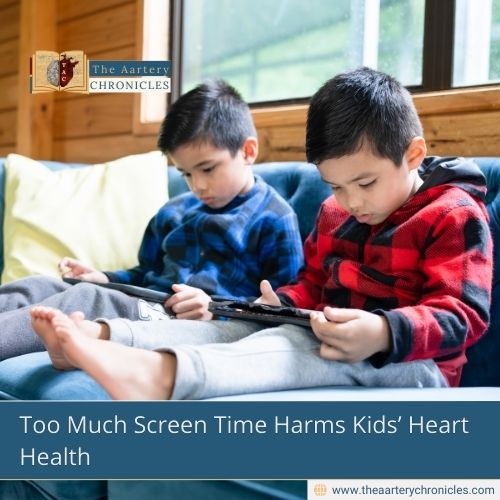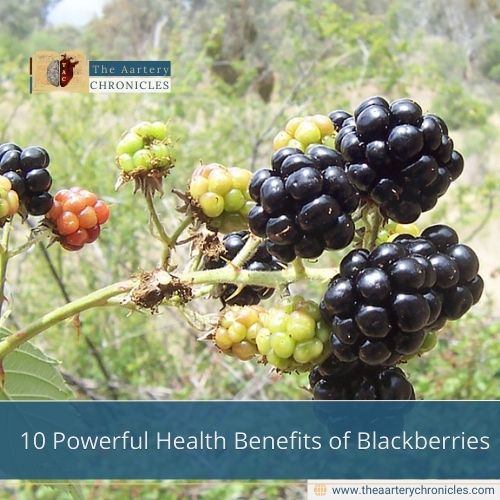

This Common Mold Could Become a Global Killer
A recent study from the University of Manchester highlights how climate change is allowing harmful fungi, especially those from the Aspergillus family, to expand into new regions putting millions more people at risk of serious illness.
What Is Aspergillus and Why Should We Care?
Aspergillus is a type of mold commonly found in the environment in soil, decaying leaves, dust, and even water. Most of us breathe in its microscopic spores daily without harm. However, for people with weakened immune systems, or those with lung conditions like asthma, COPD, or post-COVID complications, these spores can trigger a serious infection called aspergillosis.
Aspergillosis primarily affects the lungs and can spread throughout the body. It is not just an inconvenience the disease can be fatal in 20% to 40% of cases, especially if not diagnosed and treated early.
How Climate Change Is Making Fungi More Dangerous
The warming climate is creating new, suitable environments for fungi to grow and spread. The study found:
- Aspergillus fumigatus, which thrives in cooler, temperate zones, could expand its range by 77.5% by the year 2100, potentially exposing an additional 9 million people in Europe alone.
- Aspergillus flavus, more common in hot, tropical climates, is projected to increase its spread by 16%, affecting new areas in North America, northern China, and Russia.
This shift means more people especially those with health vulnerabilities will be exposed to potentially life-threatening fungal spores.
Agriculture Under Threat
Aspergillus flavus poses another major concern: it produces aflatoxins, toxic compounds that can contaminate crops like corn, peanuts, and tree nuts. These toxins are harmful to both humans and animals and are a serious threat to food safety and food supply chains.
As the fungi spread, regions that previously didn’t have to deal with aflatoxin contamination may begin to face this risk further complicating global food security.
Why Fungal Infections Are Hard to Treat
Unlike bacteria, fungal infections are much harder to diagnose and treat. Reasons include:
- Limited treatment options: There are only four major types of antifungal medications, and resistance to these drugs is growing.
- Delayed diagnosis: Fungal infections often go unnoticed until they become severe.
- Lack of awareness: Both the public and healthcare providers often overlook fungal diseases.
The World Health Organization has already recognized A. fumigatus and A. flavus as critical fungal pathogens because of their rising public health impact and resistance to treatment.
Expert Voices Sound the Alarm
Dr. Norman van Rhijn, one of the lead researchers, stressed the need for urgent attention:
“Fungi are relatively under-researched compared to viruses or bacteria. But our data show that fungal pathogens will likely affect most regions of the world in the future.”
Dr. Elaine Bignell, co-director of the MRC Centre for Medical Mycology (who was not involved in the study), added:
“We are under-prepared to deal with the rise of fungal threats that come from the natural environment. These new findings are a wake-up call.”
What Can Be Done?
To limit the impact of these expanding fungal infections, the global health community must act quickly:
- Invest in fungal research to develop new drugs and better diagnostic tools.
- Raise awareness about fungal diseases, especially among medical professionals.
- Monitor at-risk populations, such as immunocompromised individuals and those with chronic lung diseases.
- Protect agriculture with stronger regulations and better surveillance of aflatoxin contamination.
Conclusion
Fungal infections may not make headlines like viruses do, but they represent a real and growing threat one that is silently expanding due to climate change. With limited treatments and rising resistance, fungal diseases like aspergillosis could become harder to manage in the coming decades.
Understanding the threat, raising awareness, and preparing healthcare systems are essential steps in protecting both public health and food security.
Source: Inputs from various media Sources

Priya Bairagi
Reviewed by Dr Aarti Nehra (MBBS, MMST)
I’m a pharmacist with a strong background in health sciences. I hold a BSc from Delhi University and a pharmacy degree from PDM University. I write articles and daily health news while interviewing doctors to bring you the latest insights. In my free time, you’ll find me at the gym or lost in a sci-fi novel.








